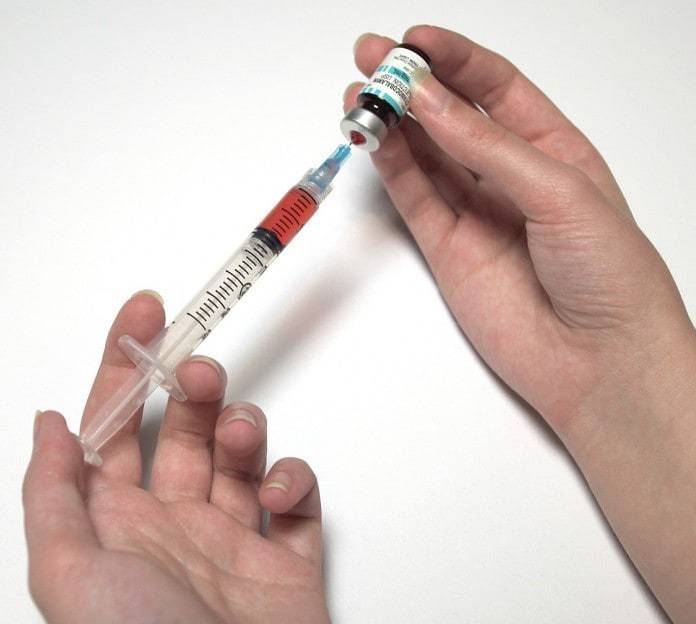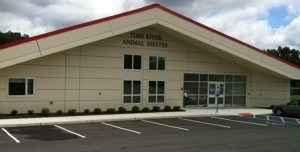

TOMS RIVER – The Toms River Animal Facility will be holding a free rabies clinic on January 13 from 10 a.m. until noon.
Ocean County residents are reminded to bring proof of prior immunization, if applicable, and proof the animal is spayed or neutered. That day, Toms River residents only can also get their pet’s license renewed. Payment for licenses accepted in cash or check. All dogs and cats must be leashed or in a carrier.
The Toms River Animal Facility is located at 235 Oak Ave., adjacent to Police Headquarters. If this date does not meet residents’ needs, pet owners can attend a free rabies clinic in any Ocean County town. For a list of rabies clinics, visit ochd.org.
Toms River dog owners are reminded that all dogs over seven months of age must be licensed each year, per State law. In Toms River, dog licenses must be renewed each year in January. In order to purchase a dog license, the owner must present a current rabies shot certificate with an expiration date after November 1, 2017. If the shot expires before November 1, the dog cannot be licensed.
The cost is $15 for a spayed/neutered dog and $20 if not spayed or neutered, with proof from a veterinarian, if not on file. A late fee of $5 plus the cost of license begins in February and increases to $10 plus the cost of the license in March. Late fees are set by Ordinance and cannot be waived.
All pet licenses can be renewed in person at the Toms River Health Department, 33 Washington Street, or by mail. Visit tomsrivertownship.com or call 732-341-1000, ext. 8400.
Licensing dogs and placing the license on the dog’s collar has many benefits for the dog owner, as well as for the citizens, including the following benefits:
Licensed dogs are vaccinated against rabies and those with current license tags on their collars are considered generally protected from the disease.
A licensed dog that wanders off the owner’s property or gets lost can be traced and quickly returned to its owner by animal control officers.
Dog licensing is mandatory in all New Jersey municipalities and the licensing fee is much less than the fines and penalties for having unlicensed dogs.
License fees support animal control, animal sheltering and rabies control activities within the State.







